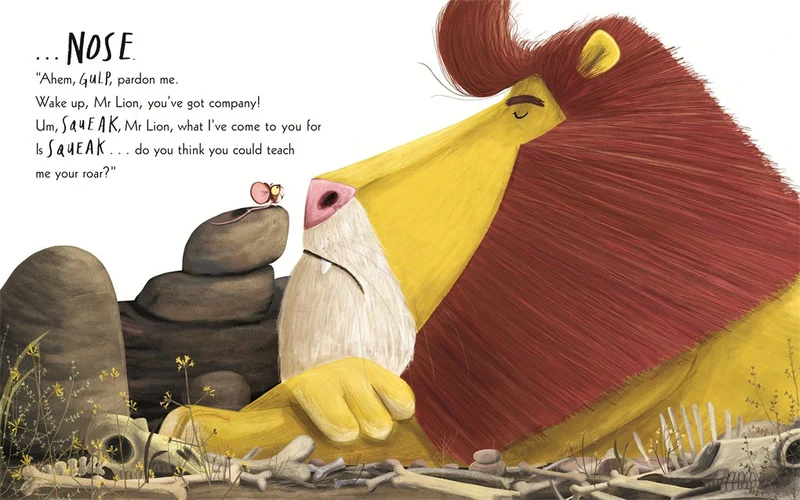Letters to the Editor

Distant Figures
To the Editor:
Book reviews are frequently accompanied by striking illustrations that are far from simply decorative, and speak volumes of their own. The drawing by Rachel Levit Ruiz of refugees marching, plodding in a river of humanity, which accompanied the review of “American Dirt” (Jan. 26), is one such marvel.
The mother and son, the only survivors of a massacre in the story, walk at the head of the crowd, and stand out because their outlines are colored in; everyone behind is in black and white. The effect is to make the pair part of a massive wave but also separate, even wary of what’s behind them. That great mass at first seems made of many clones, but on close inspection everyone is different. The deftness of the art, however, is in the more distant figures, smaller and smaller, without losing their individuality. The tension between immigration as a game of abstract numbers and as a coming together of people, each with a very personal and compelling need to move, is here made vivid and unforgettable. What some are fleeing is alluded to by a skull at the side of the road (the only other tinted object in the illustration), by the figure twisting nervously to look off to the side, by the feeling that many eyes are stealing glances at things we cannot see.
Stephen M. Jacoby
Croton-on-Hudson, N.Y.
‘The Blood of the Lamb’
To the Editor:
Larry Kramer is not quite accurate in characterizing Peter De Vries’s “The Blood of the Lamb” as a novel that no one but he has heard about (By the Book, Jan. 19). Thirty-nine years ago I read it, and although it did not make me cry, as it did Kramer (it deals, among other themes, with the prolonged illness and the tragic death of a child), it was a heartbreaking novel. It’s much darker in tone than any of De Vries’s other books. He was an indefatigably elegant stylist of prose so frequently hilarious, and so flawlessly rendered, that the reader has to suppress whinnies of giddy mirth if reading it in a library or while aboard the quiet car on Amtrak.
I’m grateful to my late mother for much, including her having introduced me to the works of Peter De Vries. Was it a trifle peculiar that my entry-level De Vries novel, the one she first urged I read, “Consenting Adults,” happened to be every bit as ribald as “Tom Jones”? Well, maybe. But it’s De Vries’s comic masterpiece, and I stockpile used copies to distribute as gifts, because “Consenting Adults” seems to be out of print.
David English
Acton, Mass.
Prestige Television
To the Editor:
Sergio De La Pava’s sour review of “The Revisionaries,” by A. R. Moxon (Jan. 5), reads like a parody of a mediocre semiotics text from the late ’70s. “Instantiation,” anyone? But far be it from me to come between a reviewer and his thesaurus. What rankled most was his gratuitous shot at “prestige television” (italics his), “where failed novelists go to be flattered by failed readers.” I can see why he fell in love with the line, but come on — such a sweeping dismissal is both empirically wrong (Richard Price, to take just one example, is hardly a failed novelist) and remarkably condescending to the millions of us who are fully capable of reading and watching (italics mine).
Christopher Krall
Chicago




